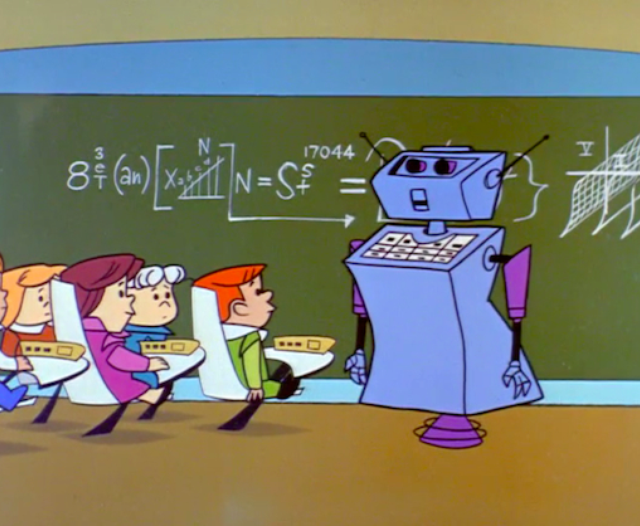At a time when educators are finding ways to integrate technology into almost every aspect of learning, McGill would be wise to follow the example set by one high school school in central Maine and implement robotic instructors.
After failing to attract a single applicant for a vacant French and Spanish teaching position, Madison Area Memorial High School found itself turning to Rosetta Stone, an automated language-learning software, to teach language classes. Rather than demanding the return to a human instructor, students in Madison—a town less than a two-hour drive from Quebec—told the Kennebec Journal that they had taken kindly to their new automated instructor, citing primarily the lack of homework.
Robotic professors would have endless patience, and would not be bothered by students constantly asking questions in large lectures. In fact, they would explain concepts over and over without becoming exasperated.
When students are distracted in class by their computers and smartphones, robot professors would be great at recapturing attention, since they are computers, too.
Sticking to a syllabus and remaining on schedule would be extremely easy for artificial intelligence. At McGill, many professors have a plethora of interesting anecdotes to keep students engaged; however, telling these stories often puts them several classes behind. Automated professors would never go off on tangents, owing to the fact that they do not have any original thoughts or life experiences to share.
Turning to an angle of practicality, robot professors would save space. For departments at McGill that are in search of room for expansion, eliminating the need for office space would be very helpful. While human professors require their own room, not to mention a desk and chair, robot professors could be stored in a closet, and provided with nothing more than a charging port.
On an economic note, the concept of automated instructors also emerges as a solution to McGill’s budget problems. While current professors are paid a regular salary, in addition to benefits and a pension, robot professors are essentially a one-time purchase. Potential costs associated with robot professors could include buying warranties and paying for updates. However, these minor costs would likely not come close to the amount of money required for McGill’s human professors—especially if the automated instructors come with a ‘free trial.’
Despite the advantages of robot professors for the administration and the student body, McGill’s current professors may not initially have as positive an outlook toward this new concept. But for the professors that are most excited by the research component of their position, introducing robot professors to the classroom would give them much more time to conduct studies in the field.
Evidently, robotic professors have the potential to do for McGill students what they did for keen learners in Maine. Robot instructors provide an agreeable interactive learning experience while skirting today’s teaching challenges, all while helping the administration with space and budgeting. Give them several years, and they could be commanding some of the top scores on Rate My Professors.









